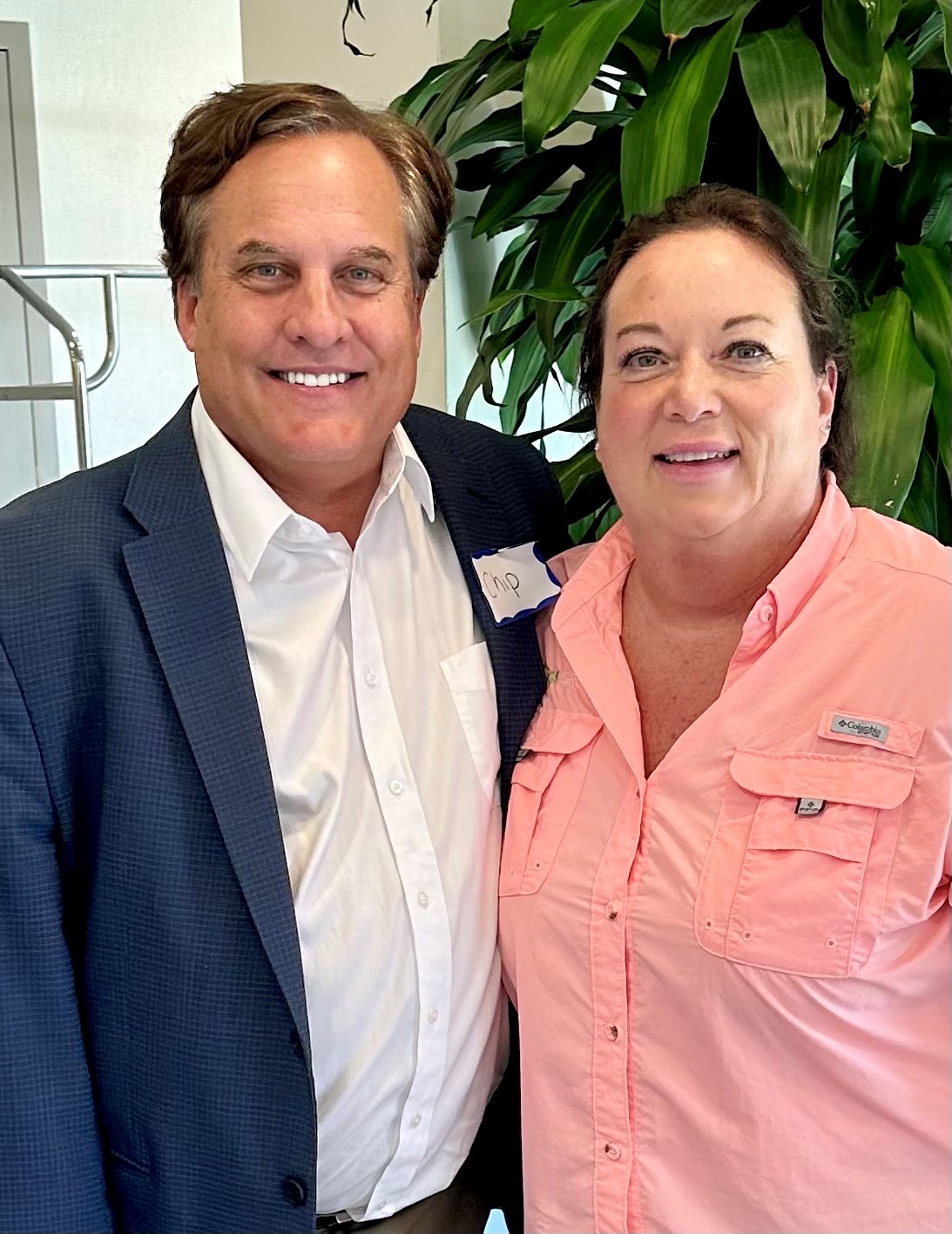Shelby LeBlanc flew from Texas to attend our Hurricane Ian seminar for public insurance adjusters in Fort Myers. She appealed to my ego by saying in front of the group, “I have stalked you all the way to Las Vegas to learn from and watch you speak.” During the question-and-answer session, Shelby also made several thoughtful points and recounted one important story she shared with others about the importance of the relationship public adjusters need to make with insurance company adjusters.
She explained how she simply asked the desk adjuster, “How is it going over there?” The adjuster explained that they were understaffed, and other adjusters were quitting, further adding to the piles of claims he was working on. She asked, “What can I do with my claims to help move them along for you and whomever you report to?” While it did not immediately move along that claim, it helped in the long run and provided her with an internal contact to find out who the new assigned adjusters were and suggestions for documentation to help move along claims in general. She established a respectful relationship because of her very sincere question.
I recently commented in Adjusters, Appraisers, and Umpires: The Power of Trust, Respect, and Likability in Property Insurance Claims Handling and Appraisals, on Steve Patrick’s explanation that this human characteristic of likeability can determine success:
While likability might seem like a superficial factor, it plays a crucial role in human interactions. People are naturally inclined to agree with those they like. This doesn’t mean one has to be overly agreeable or insincere. Instead, it’s about building genuine relationships, showing empathy, and finding common ground.
Likability is often fostered through small gestures: a willingness to listen, a sense of humor, or even just a friendly demeanor. Over time, these gestures can build rapport, making it easier to navigate contentious discussions and reach mutually beneficial resolutions.
Have you ever consciously made the effort to see what happens by just smiling at others? You can become a magician with a smile. People will generally respond in kind. You will pull people into a more positive frame of mind and make them feel better about their relationship with you.
An article, Power of a Winning Smile in Business: Relationships & Deals, noted several scientific studies proving that a simple smile greatly enhances your chances for success and better relationships with others. Smiling is a universal language that communicates openness and friendliness. Research by Tidd et al. (2018)1 found that a genuine smile can create a positive emotional response in others, leading to increased trust and likability. The article noted that research showed individuals who smiled sincerely were perceived as more trustworthy and competent. Other research suggested that a smile provides cues that convey confidence and professionalism and can positively influence how others perceive your sincerity and credibility.
I confess that I sometimes fail regarding likeability. I get into my insurance litigator and trial attorney battle mode rather than focusing on being more positive. There is no reason I cannot be both but for my own character issues. When I do so, I know to look in the mirror and ask myself to consciously improve upon these skills:
- Being able to empathize with others
- Being able to care about others genuinely
- Improving upon good interpersonal communication skills
- Being credible and trustworthy—do what I promise when I promise to do it.
- Being a good and active listener
- Possessing a positive attitude and wearing that smile as proof
- Being friendly and approachable to others rather than focusing so obsessively on my current tasks and problems
The seminar was very enlightening, and what incrementally was learned in Fort Myers will be passed along to the “public adjusters only” events we are holding next week in Miami, Jacksonville, and Tampa. Here is a link for public adjusters to register.
Thought For The Day
We all have the power to change every room we enter physically or virtually.
—Darren Hardy
1 Tidd, A.N., Lickard, A.J., & Barr, C.L., The Emotional Impact of a Genuine Smile, Journal of Nonverbal Behavior, 42(3), 305-321 (2018).





